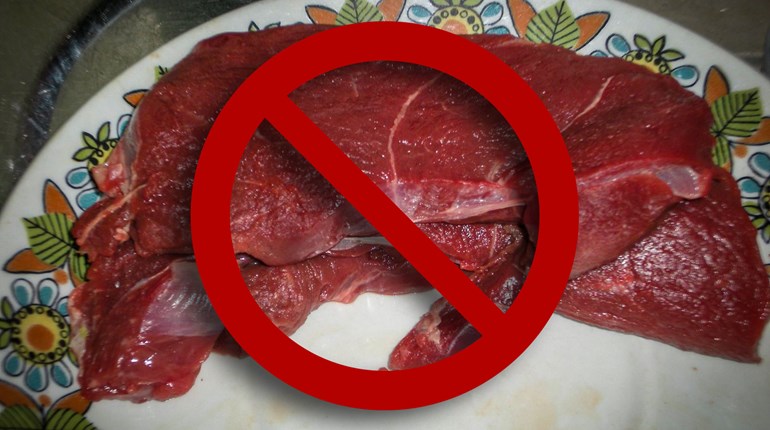
Faced with an increasingly large population of feral cats, the city council of Sylvania, Ohio, voted unanimously to ban feeding them. According to Mayor Craig Stough, it's but one aspect of the city's overall strategy, which also includes plans for a trap, neuter and release program.
According to the Toledo Blade, the legislation resulted from nuisance complaints and calls regarding unhealthy conditions related to the rampant felines—several residents specifically referenced the large amount of cat feces accumulating in their yards.
Certainly such issues are plenty reason to get an area's feral cat colonies under control. However, wild cats pose an additional, arguably even more serious threat to the environment: They are an overpopulated, unnatural predator and, when they are artificially introduced, the results are disastrous. As we've discussed, one study found that house cats allowed to roam outside kill an average of 2.1 animals per week, 13 percent of which are birds. Based on that study, the American Bird Conservancy (ABC) estimates that feral and freely roaming house cats kill 1.4 to 3.7 billion birds per year in the United States. ABC says feral cats have even contributed to the extinction of 33 species around the world.
So, any borough would be well served by curbing its out-of-control feral cat population. But don't tell that to the irrational folks at the Humane Society of the United States.
"..It is not humane to take away their source of food," said John Dinon, Ohio outreach director for the HSUS. "If they stop being fed the cats will kill more birds, squirrels, and look for food in garbage cans, and get into trouble," he said.
That's not true, according to the ABC, which says even well-fed cats continue to kill due to their hunting instincts. Kudos to council member Doug Haynam for recognizing this.
"Feral cats are exotic and do not fill an existing niche and ... even well-fed cats significantly impact wildlife," he said.
Following the feeding ban, the "animal rights" group Humane Ohio disavowed its pledge to help the city with its Trap/Neuter/Release program—a strategy that's produced at best mixed results anyhow. Instead, says the ABC, cities seeking to eliminate cat colonies should a) enact feeding bans and b) humanely transport feral cats to animal shelters.
I'm sure the HSUS would be happy to pitch in by housing cats in its many shelters. Oh, right, despite what its name implies (and many donors believe), HSUS doesn't operate any animal shelters and donates only 1-percent of its contributions to them.





































